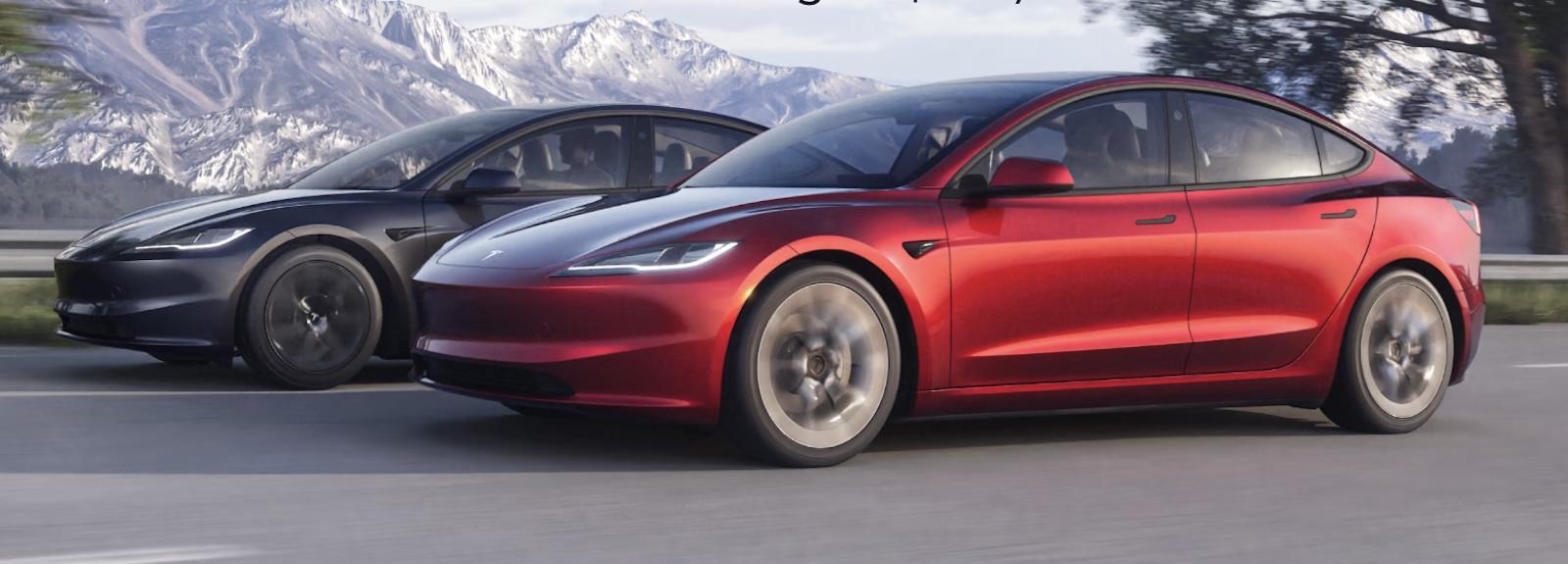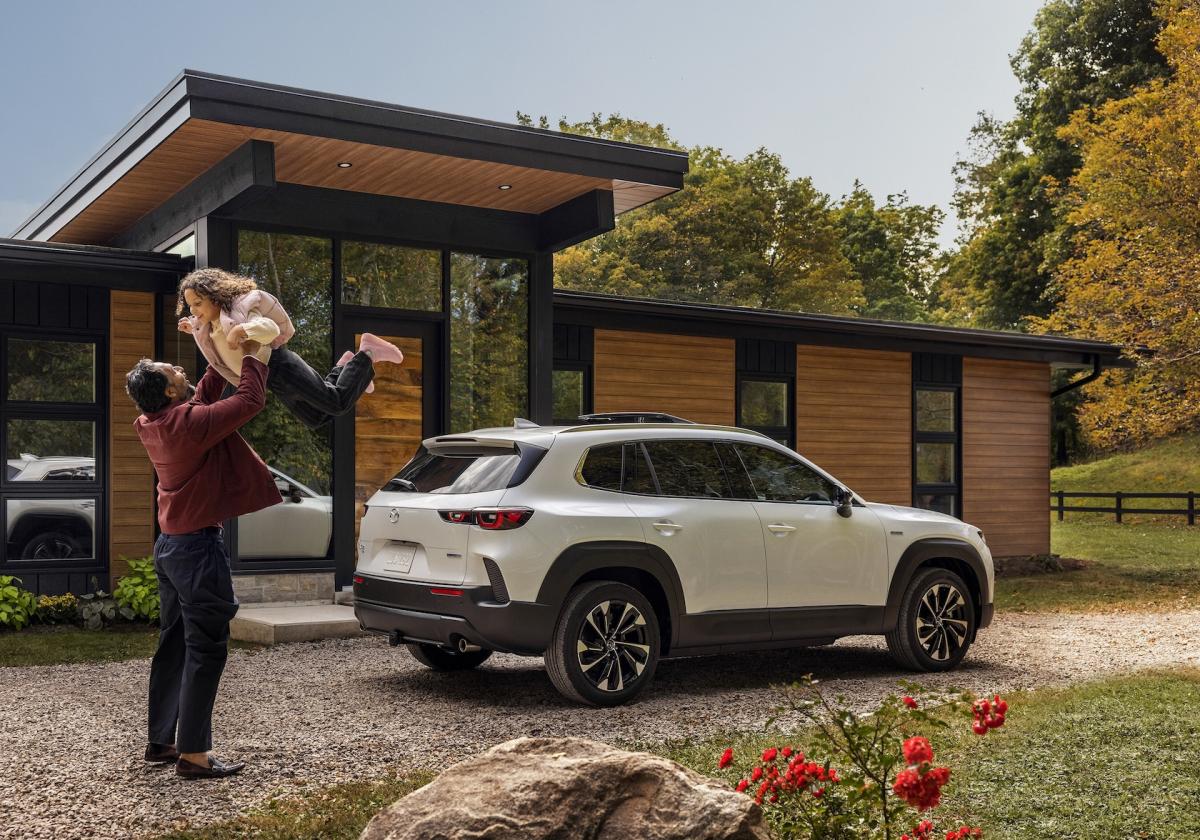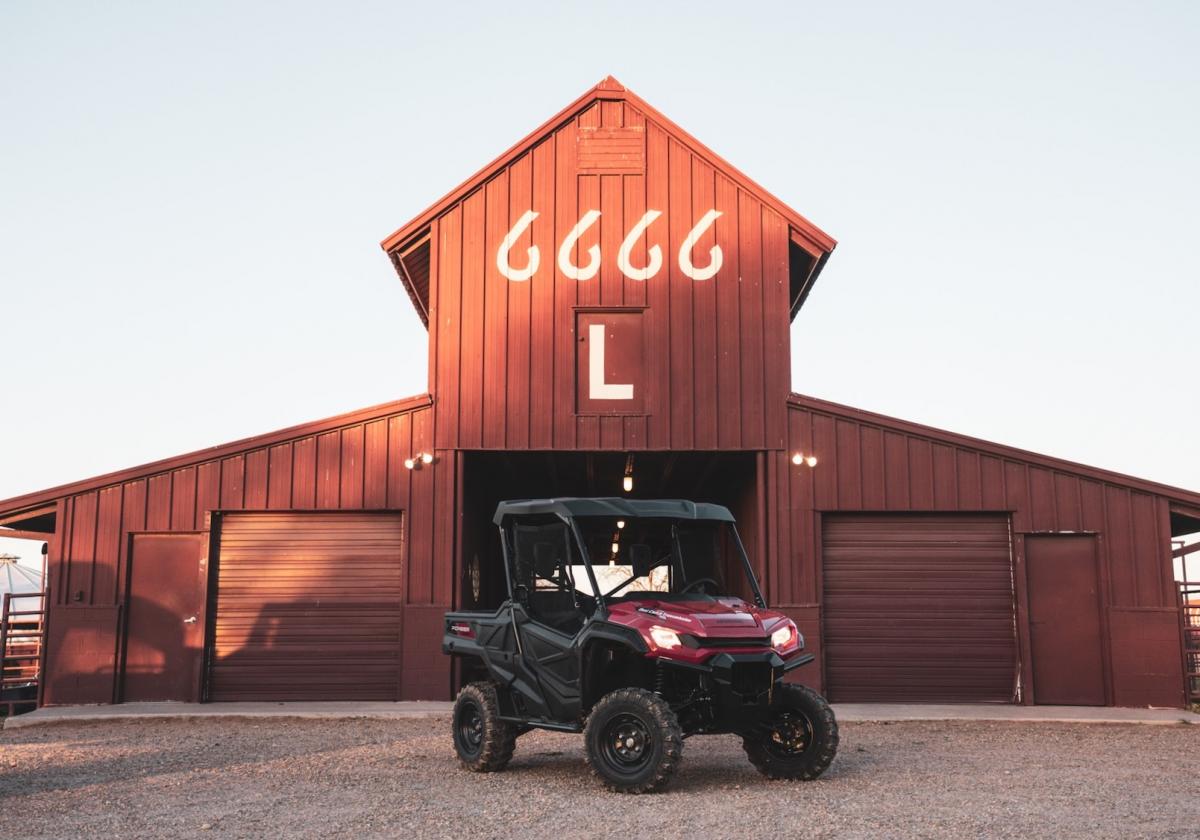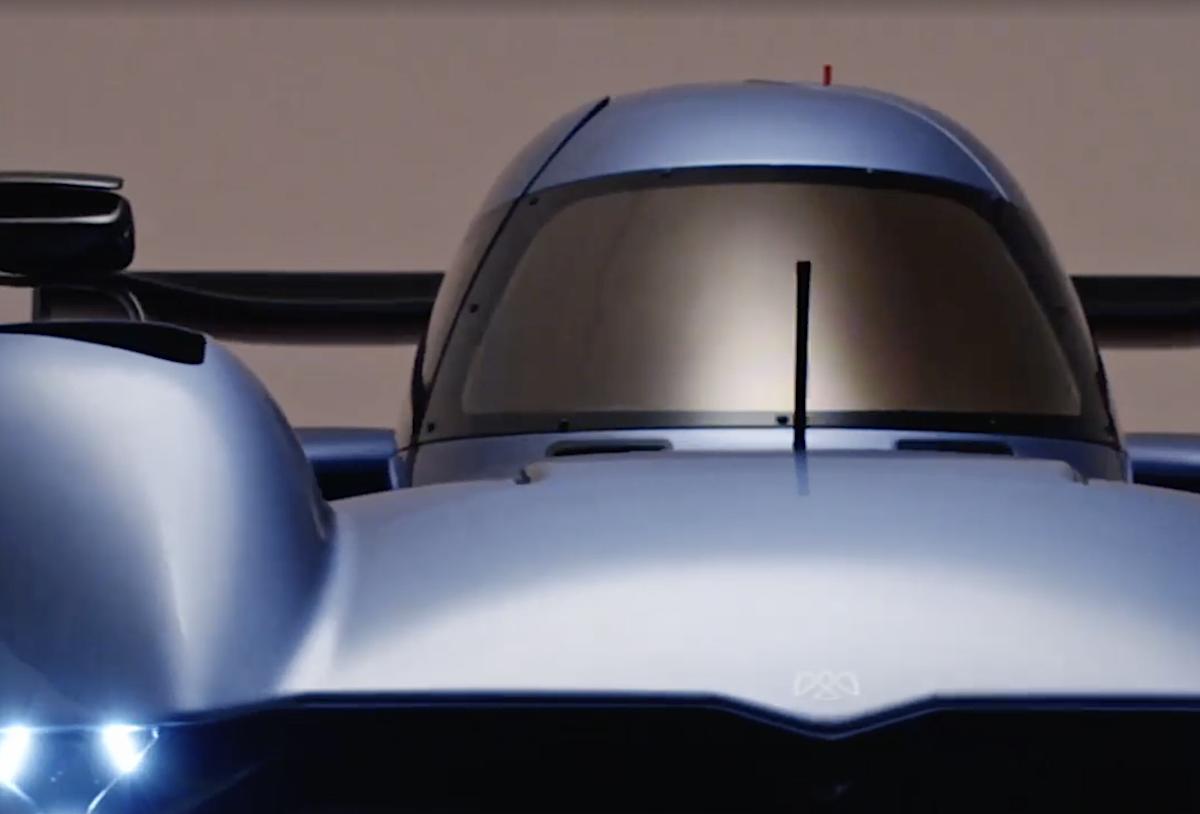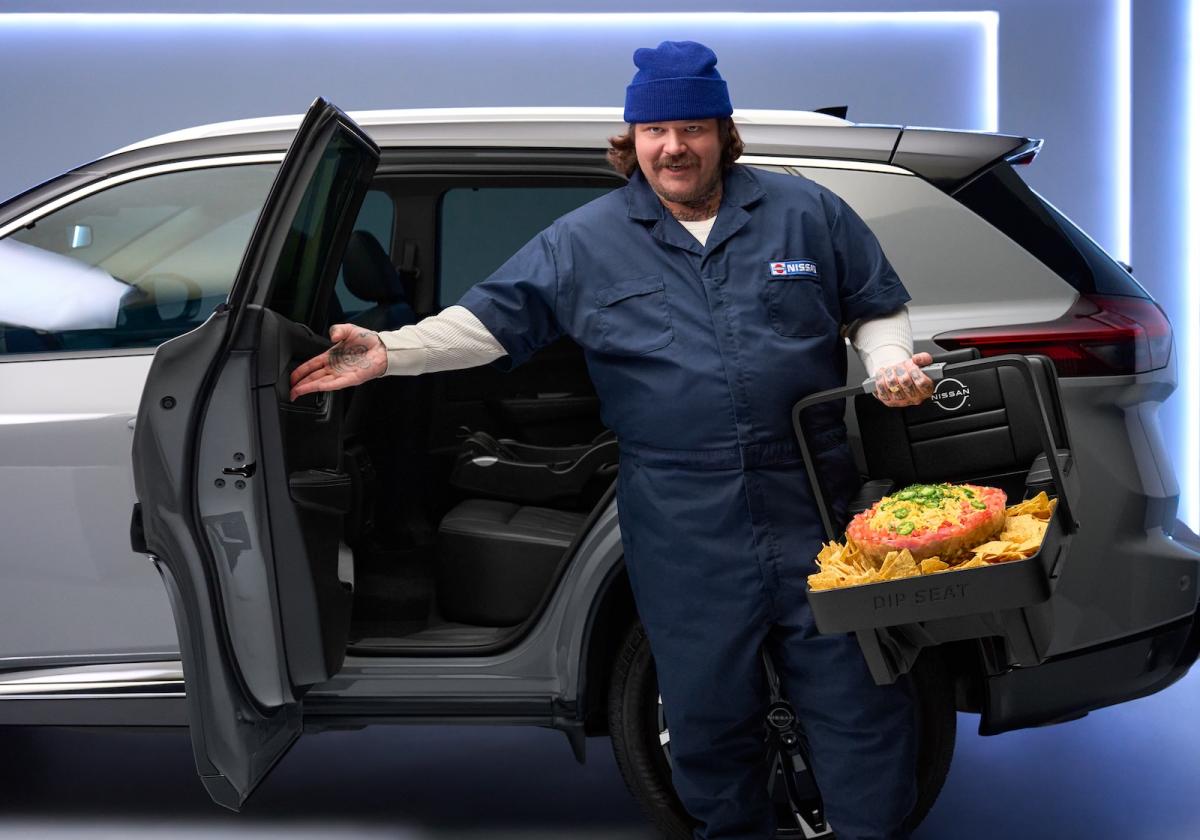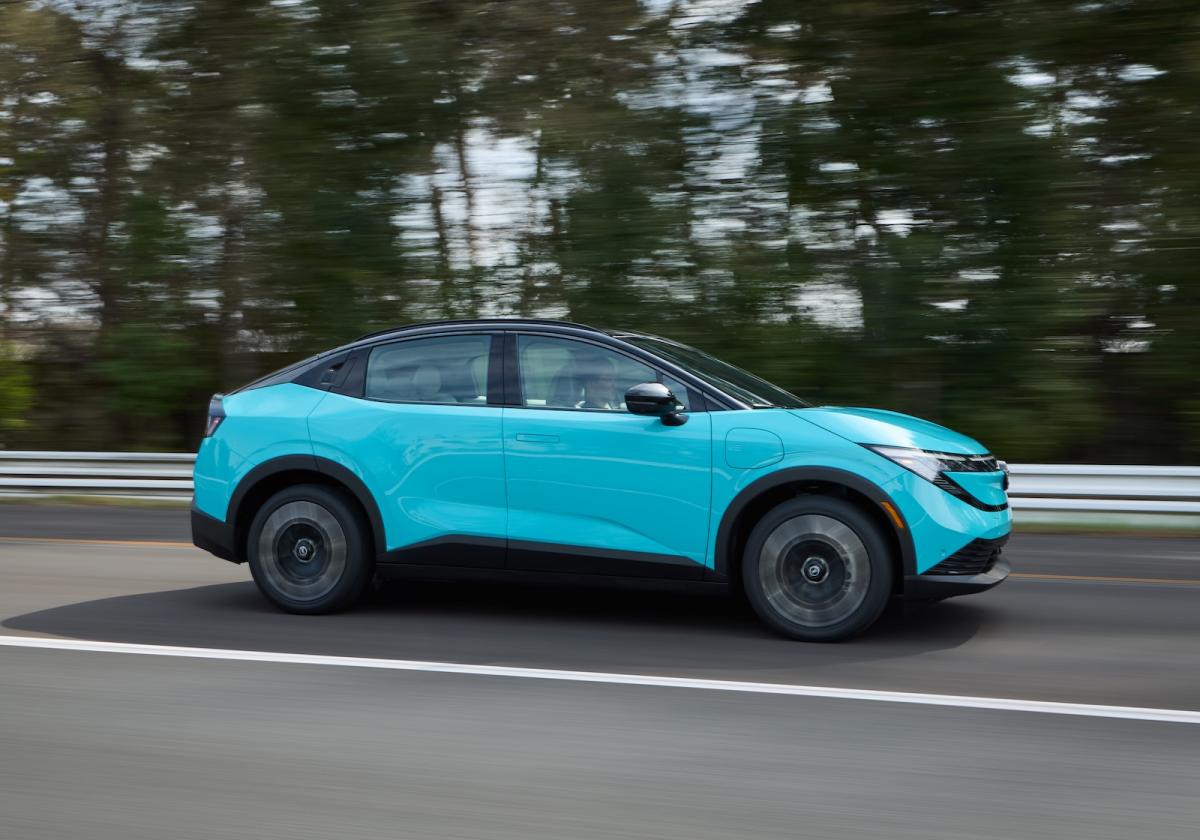In a strategy that seemingly aims to challenge BYD’s dominance in the ASEAN region, Tesla has indicated that it would like to expand and make more investments in the area.
As battery electric vehicle (BEV) growth in China and the US has slowed, the corporation is utilising this development as part of a larger strategy to capitalise on the BEV boom in ASEAN countries. Tesla bosses know what they’re up against.
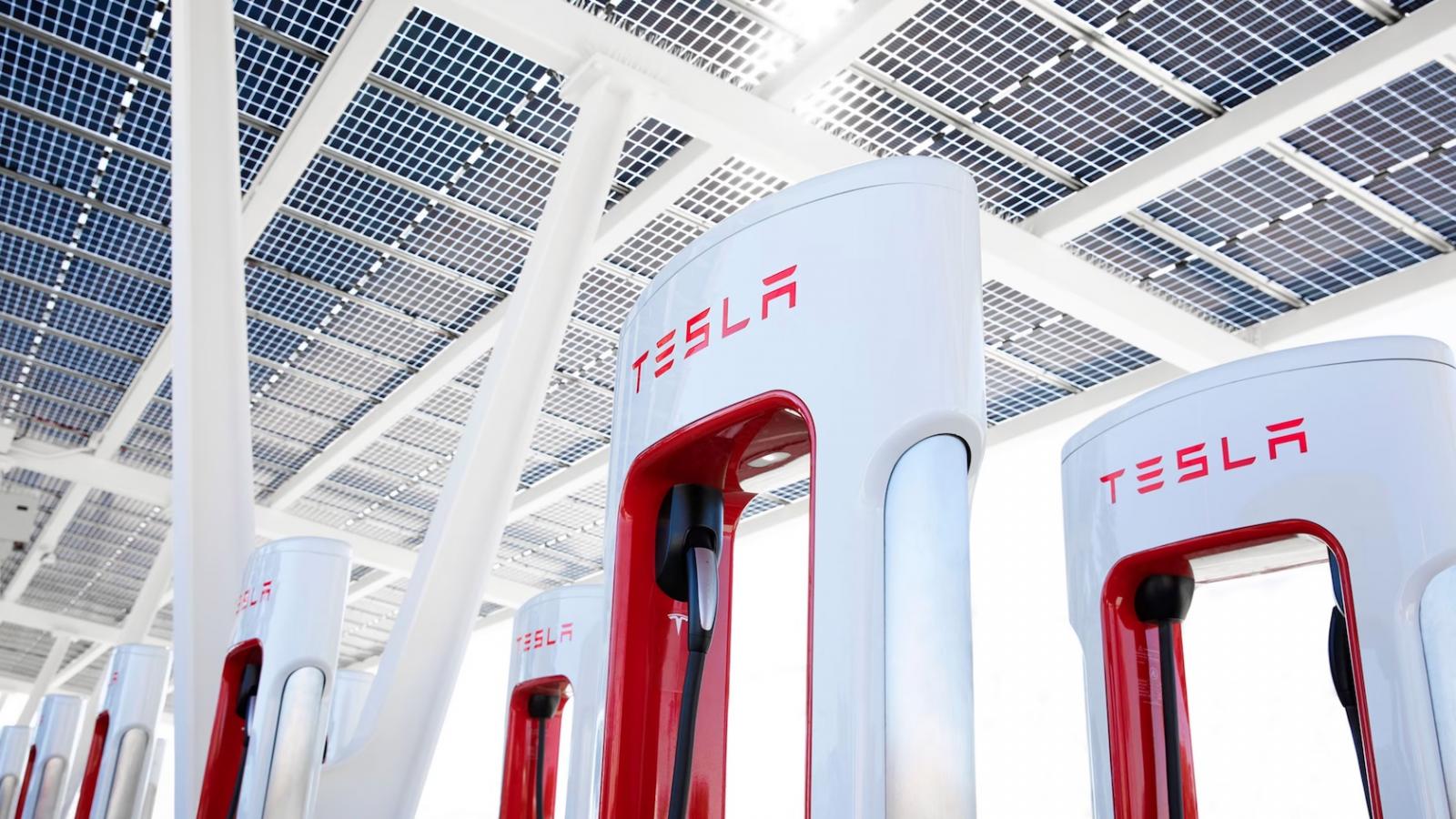
Tesla’s Senior Business Development Executive Rohan Patel recently wrote on X, saying, “Southeast Asia will undoubtedly be a major place of growth over the coming years in battery storage and electric vehicle adoption.”
After evaluating a location late in 2023, Tesla reportedly held discussions with the Thai government about a possible local assembly (CKD) factory, according to other claims that surfaced earlier this month.
Subsequently, in November 2023, Thai Prime Minister Srettha Thavisin visited Tesla USA and shared on X, saying, “Excellent conversation about the future cooperation on BEV & Clean Energy. It is my hope that this collaboration will cement Thailand as the hub for BEV and renewable energy in the years to come.”
If it comes to pass, this will be the first assembly plant for Tesla in the ASEAN area. Tesla may then decide to emulate GWM, which in January 2024 began rolling out the Ora Goodcat BEV and became the first business to construct a BEV locally in Thailand.
Additionally, BYD and BMW have announced plans to begin local assembly in Thailand with investments of RM 2.3 billion and RM 211 million, respectively.
Similar to GWM, BYD, and BMW, Tesla will try to benefit from large BEV subsidies that, in the long run, call for CKD assembly.
From 2024 through 2027, the government will offer purchase subsidies for electric vehicles and pick-up trucks under the most recent BEV subsidy package, known as EV 3.5. The amount of the subsidies will depend on the kind of vehicle and battery capacity.
These include THB 100,000 (~RM 13.2k) for locally-assembled (CKD) BEV pick-up trucks and THB 50,000 (RM 6.6k) to THB 100,000 (~RM 13.2k) for passenger cars under THB 2 million (~RM 265k). Incentives also include excise tax reductions (from 8% to 2%), as well as import duty reductions of up to 40% in 2024 and 2025.
CARLIST THOUGHTS
To be competitive in ASEAN, Tesla needs to have at least one effective locally assembled (CKD) facility which will help to keep prices down. In fact, we are surprised that such a factory was not conceived when Tesla entered China and BYD started making inroads into ASEAN in a big way.

